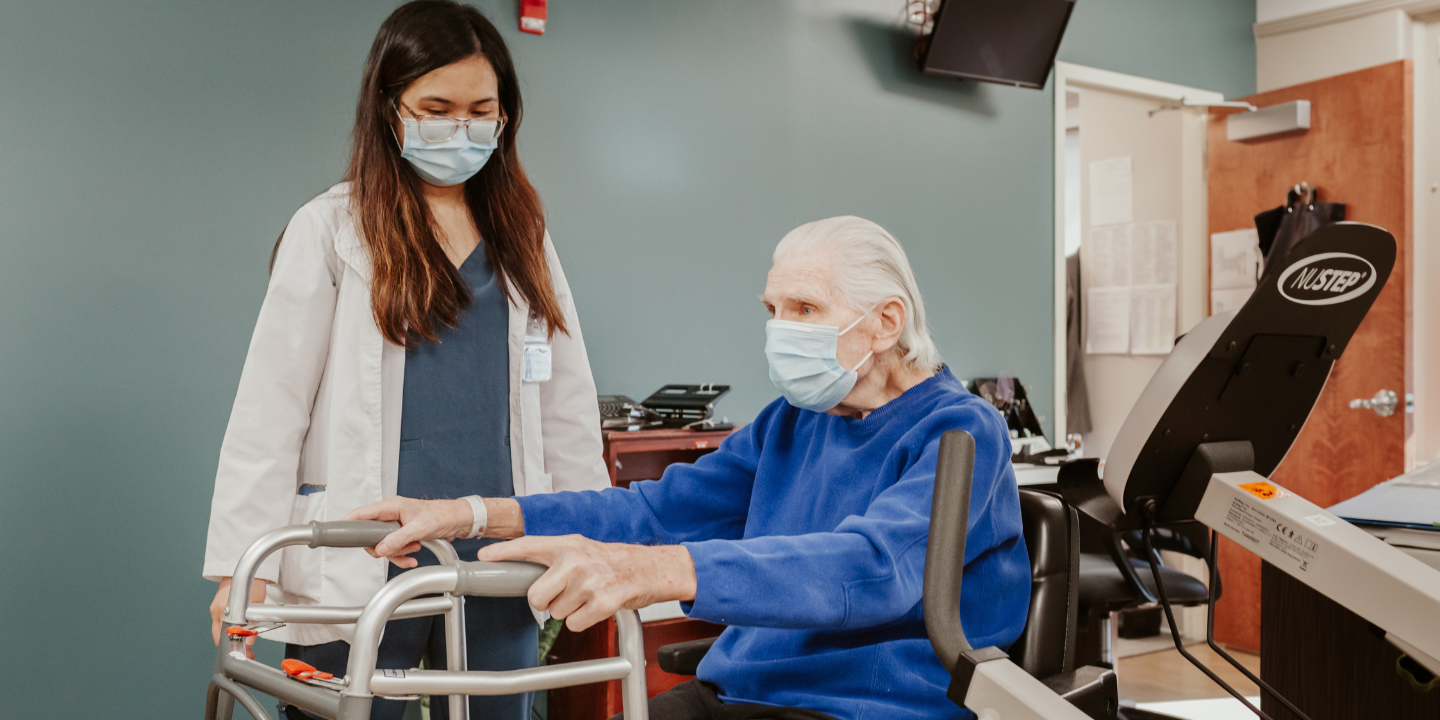Recovering from a stroke can be a challenging journey, but it is possible with the right care, support, and mindset. Whether you are a patient or a caregiver, navigating stroke rehabilitation requires teamwork, patience, and an understanding of the recovery process. We are dedicated to helping patients regain strength and independence through personalized care and advanced therapies.
Stroke recovery can feel overwhelming, but it’s important to remember that you are not alone. With the support of family, caregivers, and a compassionate multidisciplinary team, the process can be transformative. By following our tips for patients and caregivers, patients can work toward healing while caregivers play a vital role in creating a positive and encouraging environment.
Understanding Stroke Rehabilitation
Stroke rehabilitation is a structured process aimed at helping patients recover as much function as possible after a stroke. Each patient’s recovery is unique, depending on the severity and type of stroke, but the goal remains the same: to help patients regain mobility, improve strength, and restore independence.
At the Methodist Home, stroke recovery is guided by a comprehensive, multidisciplinary approach. This includes rehabilitation services overseen by a physiatrist, with as-needed consultations from neurology specialists. Weekly interdisciplinary reviews ensure each patient’s needs are carefully assessed and addressed. This collaborative approach combines advanced therapies with compassionate care, creating a supportive environment for recovery.
Tips for Patients
For patients navigating stroke rehab, it’s important to take an active role in your recovery. Here are a few tips to help:
- Set Realistic Goals. Recovery is a process, and every small milestone is worth celebrating to help keep a positive outlook. From improving mobility, completing daily tasks, or regaining speech abilities, focus on achievable goals and track your progress.
- Stay Committed to Your Therapy Plan. Physical, occupational, and speech therapy sessions target specific areas of improvement, from regaining motor control to cognitive speech training. Therapy services may also include interventions like sensory retraining, swallowing assessments, and spasticity control to address the unique challenges of stroke recovery.
- Be Patient with Yourself. Progress may feel slow at times, but every step forward is significant. Remember to give yourself grace and acknowledge the effort you put into your recovery.
- Find Motivation in Everyday Activities. Engage in activities that bring joy and purpose. Whether it’s participating in an activity with other patients or achieving a personal milestone, staying motivated can make a significant difference in your outlook on recovery.
Tips for Caregivers
Caregivers are essential to the stroke recovery process. Your role as a source of support and encouragement is invaluable. Here are some tips to guide you:
- Educate Yourself. Learn as much as you can about your loved one’s specific stroke type, potential complications, and recommended therapies. This knowledge will help you better understand their needs and provide informed support.
- Provide Emotional Encouragement. Stroke recovery can be physically and emotionally draining. Offer words of encouragement, celebrate progress, and maintain a positive outlook to uplift your loved one.
- Promote a Healthy Lifestyle. Assist with creating a balanced routine that includes proper nutrition, pain management, and participation in daily activities. These elements play a vital role in recovery.
- Take Care of Yourself. Caregiving can be demanding, so it’s important to prioritize your own well-being. Seek support from others, take breaks when needed, and maintain your physical and mental health.
- Collaborate with the Rehabilitation Team. The care coordination team at the Methodist Home works closely with caregivers to ensure a smooth and successful discharge process. By staying involved and communicating with the rehabilitation team, you can play an active role in your loved one’s progress.
How the Methodist Home Supports Stroke Recovery
Our stroke rehabilitation program prioritizes comfort, quality care, and individualized treatment. Patients also benefit from private rooms and private bathrooms, creating a peaceful environment for recovery.
We are here to guide patients and caregivers every step of the way. If you or a loved one is navigating stroke rehabilitation, contact us to learn more about our comprehensive program. Together, we can help you take the next steps toward recovery.

